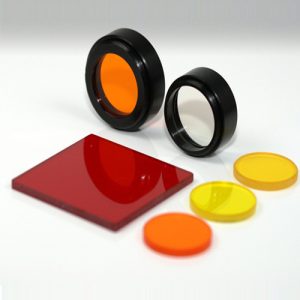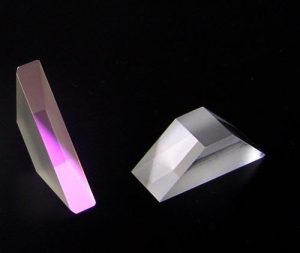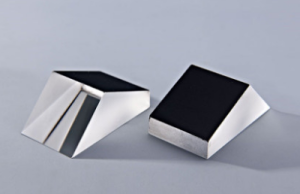Biochemical filters are the central components of biomedical instruments. In order to ensure the accuracy of diagnosis and analysis, biochemical filters require high narrowband bandwidth and cutoff depth of wavelengths. They can only pass through specific wavelengths of light, with a half bandwidth typically between 8nm-10nm, while the cutoff depth of other wavelengths needs to reach OD4 or above. The spectral band of biochemical filters is usually 200nm to 1100nm.
The filter products of biochemical and medical instruments are mainly used in the following products: digital cameras, monitors, cameras, infrared detectors, etc. The CCD on the plated camera and the infrared cut-off filter film of COMS, the day and night type double wave filter film, the coating of infrared thermometers, optical elements (optical fibers), wide (narrow) band filters, antireflection coatings of general optical elements (AR) infrared, remote sensing survey, laser rangefinder microplate, In the fields of biochemical medical instruments, laser night vision instruments, infrared detection instruments, fluorescence microscopy instruments, facial recognition sensors, etc. Narrow bandpass filters are optical components with narrow bandwidth, obvious cutoff between short and long wavelengths, which can allow specific wavelengths of light to pass through and reflect (or attenuate) other wavelengths of light. The working area of a bandpass filter can be in the ultraviolet, visible, near infrared, and far infrared bands.
Our biochemical filters are coated using ion assisted deposition. It can ensure that the filter has high transmittance and a cutoff depth of OD4 or above, while controlling the bandwidth tolerance to ± 2nm. The unique coating processing ensures the wavelength and durability of the biochemical filter. In addition, we can accept OEM processing and customization of biochemical filters.




